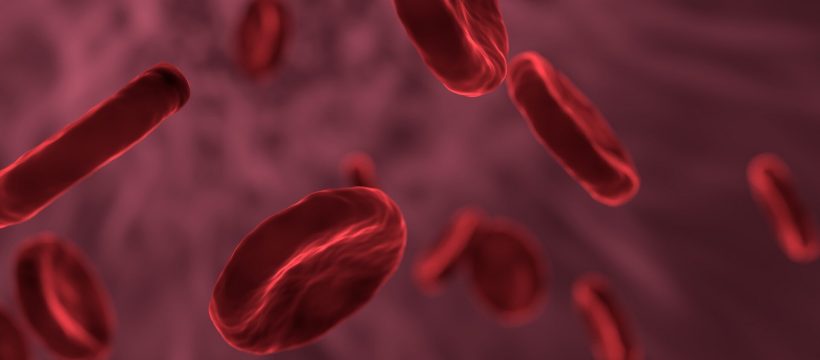
The cells of a subset of myeloproliferative neoplasms (MPNs), slow-growing blood cancers, have frameshift mutations in their calreticulin (CALR) gene that are associated with the disease. The tail end of this gene’s mutated protein product (CALRMUT) should be an ideal neoantigen. Yet T cells directed against the CALRMUT fragment are rarely found in MPN patients. To figure out why, Ludwig MSK’s Taha Merghoub and his colleagues examined the class I MHC genes—which present antigens to T cells—of patients with this kind of MPN.
When T cells see these antigens, they are activated and kill the cells that express them. Merghoub and his colleagues found that these patients tend to lack MHC-I proteins that bind strongly to CALRMUT neoantigens, which may explain why their mutant cells aren’t eliminated by the immune system before they can cause MPNs. The researchers generated mutant versions of CALRMUT peptides that bind efficiently to the MHC-I proteins found in these patients but retain the sequences that are recognized by T cell receptors.
Source: Read Full Article
